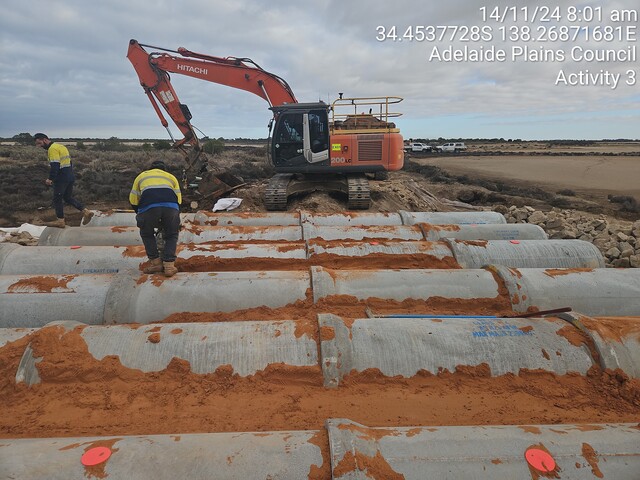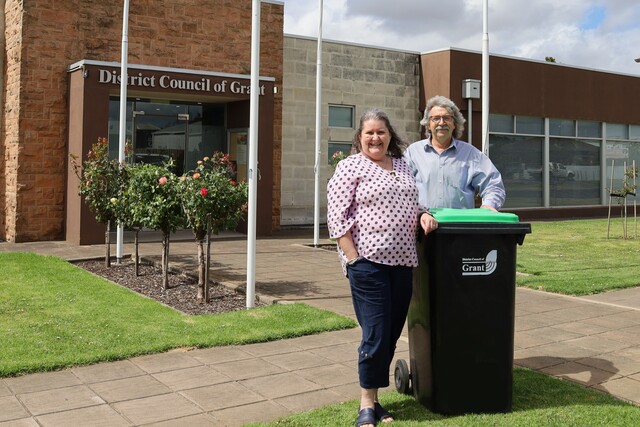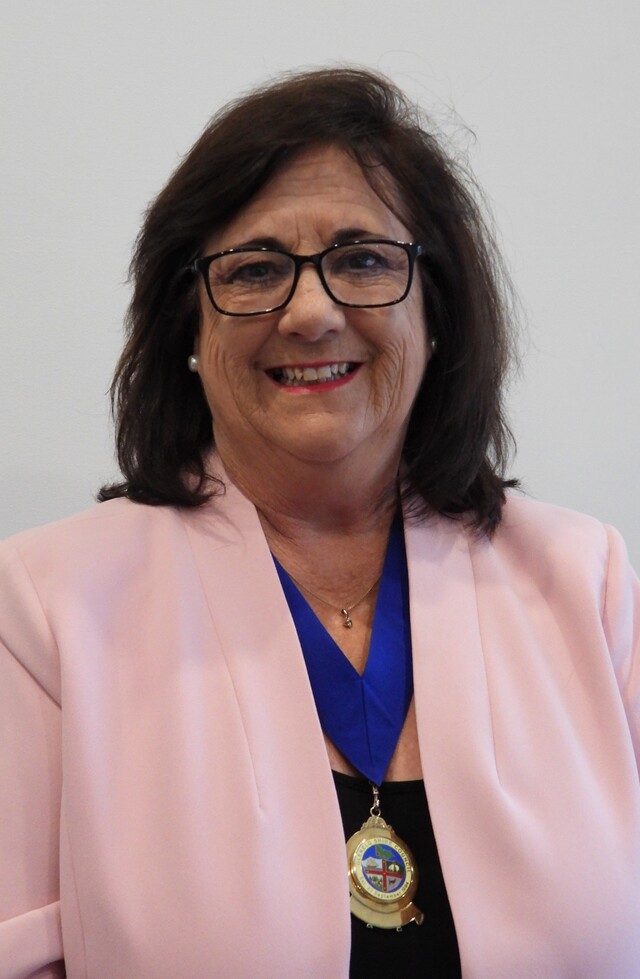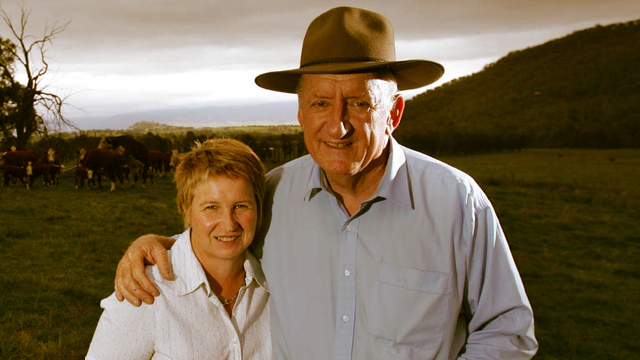The Municipal Association of Victoria (MAV) held its 2002 Annual Conference at the Sofitel Hotel in Melbourne on 31 October and 1 November.More than 200 delegates from all over Victoria attended the Conference. With 23 city and 42 rural and regional Councils represented, this year’s conference focused on the theme, ‘Where to from here?’ for Local Government.
MAV President, Councillor Brad Matheson, spoke of various challenges Local Government is facing now and in the future, including media ‘hounding’ of Local Government, achieving Constitutional recognition for Local Government, funds for infrastructure and the Cost Shifting Inquiry.
“Councils need to take stock, look forward and think about Local Government in ten years time,” he said.
A feature of the conference was ‘The Council Challenge’. Representatives from nine Councils throughout Victoria brought forward either an achievement or challenge, all in the span of five minutes. Delegates were then invited to provide their opinions and questions on the particular issue. This not only provided Councils with the opportunity to showcase their particular successes but also to share current challenges that they are facing and gain input from delegates.
Some of the achievements included Manningham City Council’s Sustainable Design Task Force, Macedon Ranges Shire Council’s restoration and redevelopment of the Kyneton Mechanics Institute site, and Whittlesea City Council’s strategic planning processes for sustainable new growth areas. Among the challenges put forward to delegates were Queenscliffe Borough Council’s endeavour to have its non permanent residents better represented, and Hindmarsh Shire Council’s concern that metropolitan decision makers often fail to recognise the realities of rural living when making important policy decisions.
In his President’s report, Councillor Matheson said that the past year has been one of hard work and exceptional output.Over 400 events have been staged including a wide range of seminars and workshops.
“There was a time when the MAV barely registered on the strategic radar,” he said. “As a strong advocate for Local Government, we are no longer an observer but an active participant. Our move back into a City location, in close proximity to Parliament and Government Departments, plus our experienced policy officers, have resulted in a more strategic approach together with an ability to act decisively.”
Councillor Matheson pointed to major achievements including regular meetings with the Premier and Local Government Minister; major funding concessions in the 2001 Budget; an increase in HACC funding; and legislation to reintroduce non-feasance for Victorian Councils.
“We have logged the issues we wanted canvassed during the State Election campaign with both sides of Parliament,” he said. “We have proved we are adaptable, unified and fully fired up.”







